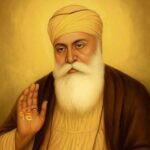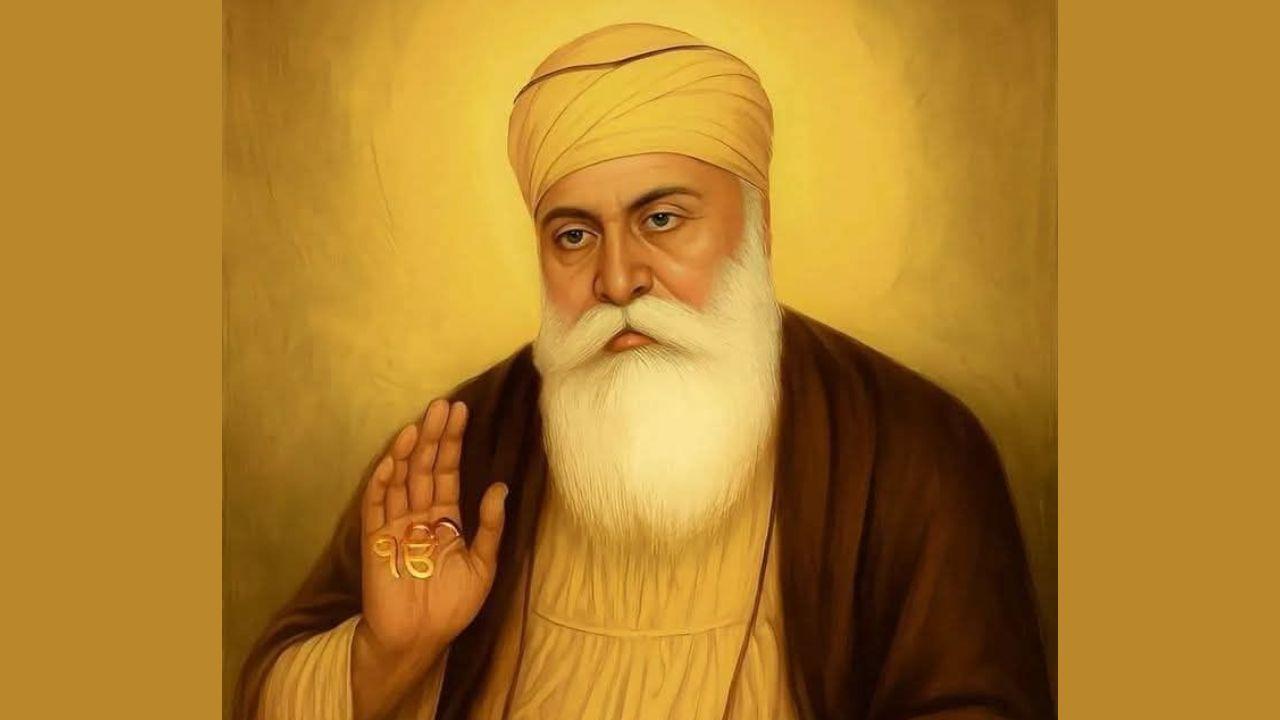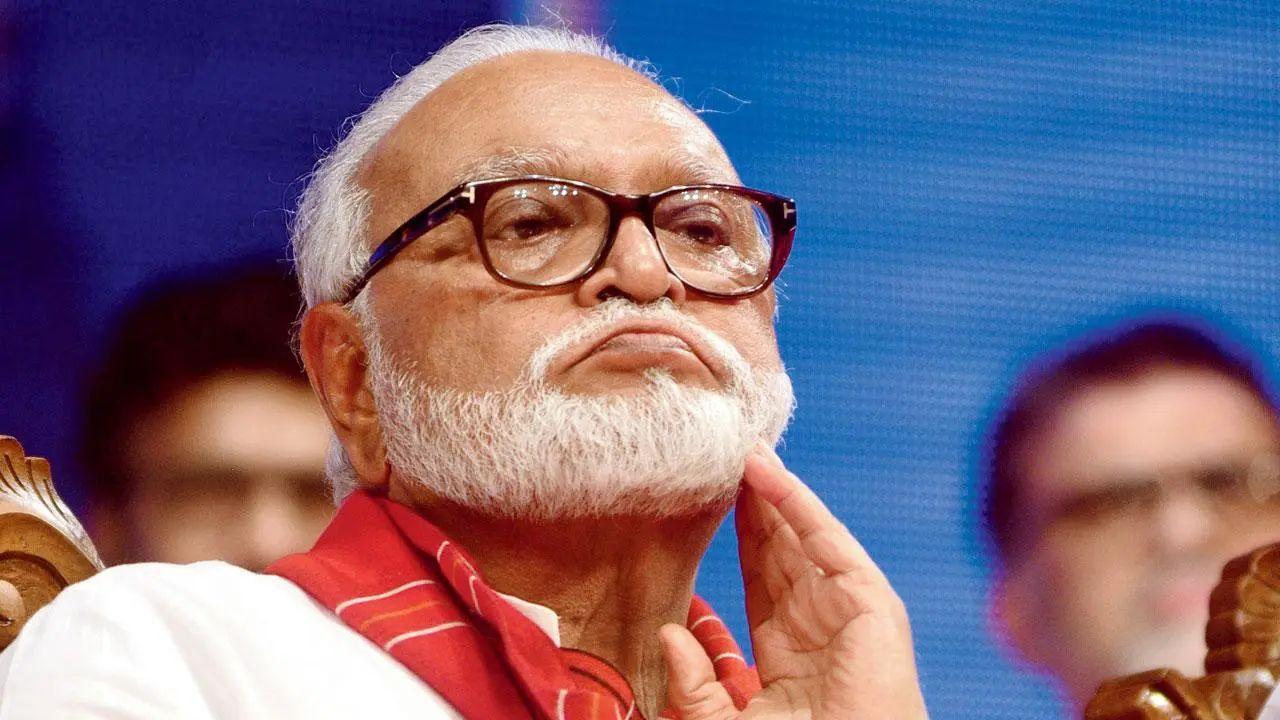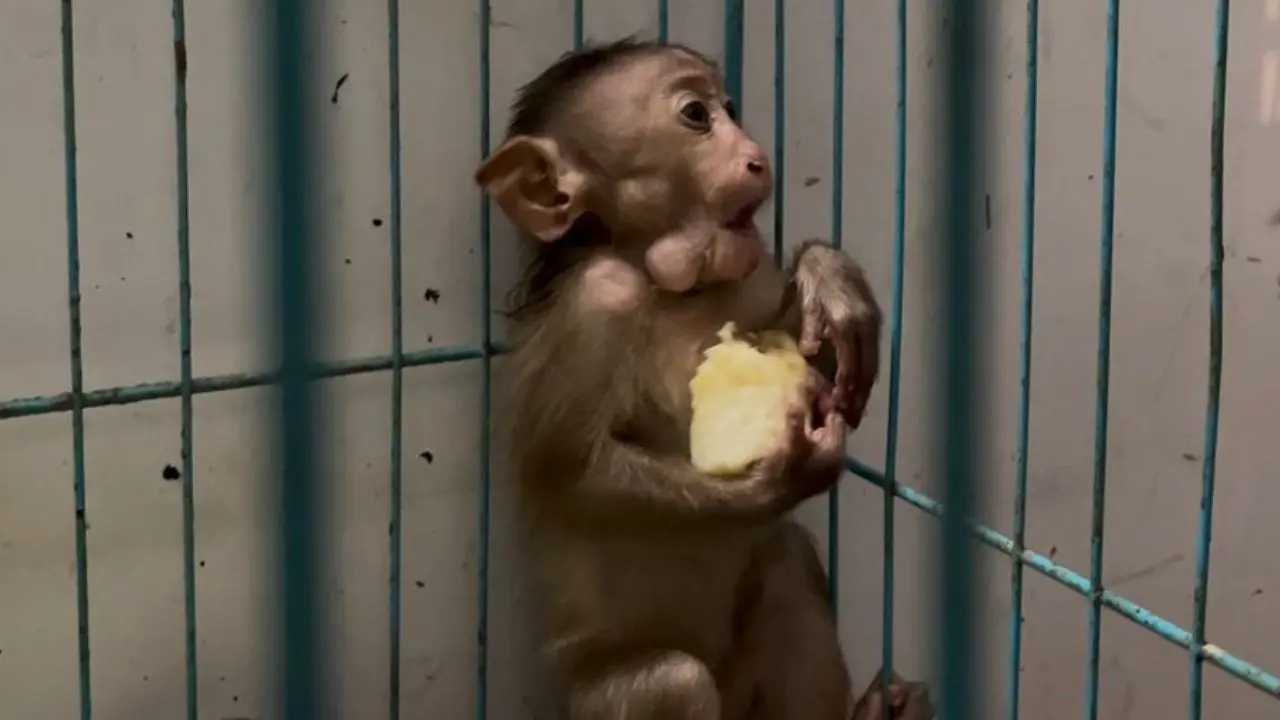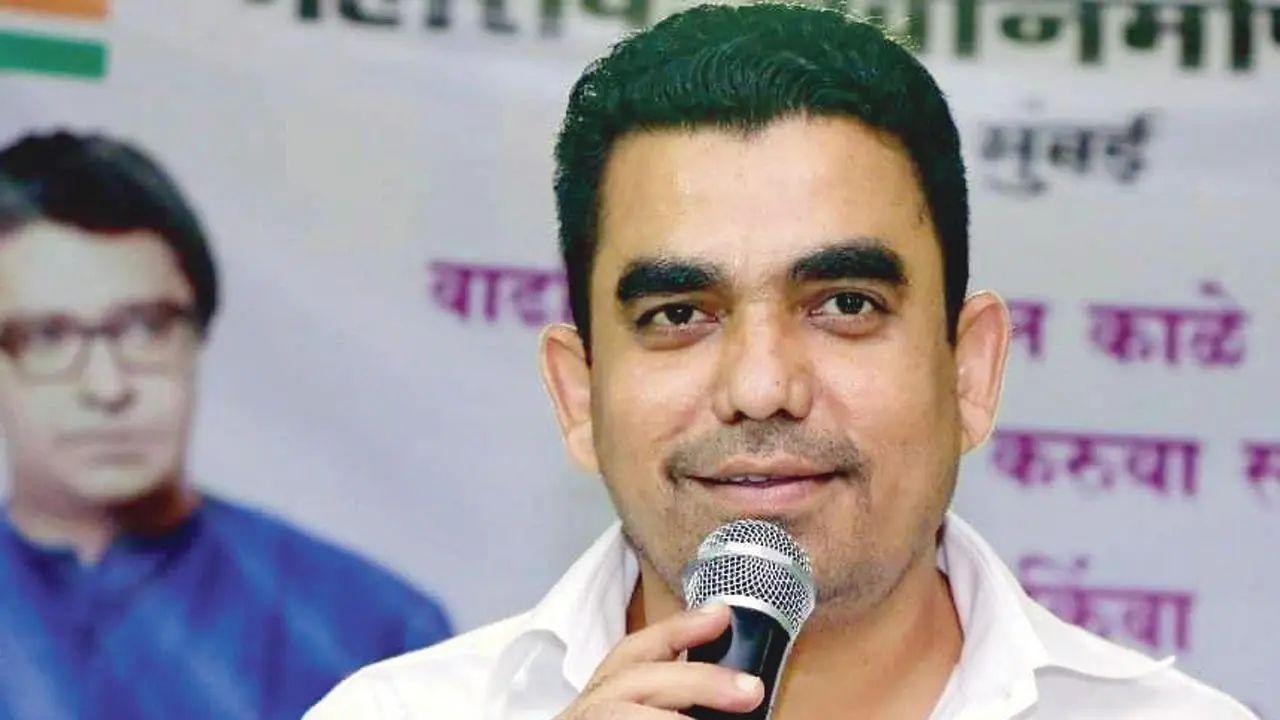Guru Nanak Jayanti, also known as Gurpurab or Guru Parv, is one of the most sacred festivals in Sikhism, marking the birth of Guru Nanak Dev Ji, the founder of the Sikh faith. His teachings of compassion, truth, equality, and unity continue to inspire millions around the world. The day is celebrated with illuminated gurdwaras, devotional hymns, processions, and community service through langar (free community meals).
Date and significance
Guru Nanak Jayanti 2025 will be celebrated on Wednesday, November 5, marking the 556th birth anniversary of the founder of Sikhism. The festival coincides with Kartik Purnima, the full moon day in the Hindu month of Kartik, and holds deep spiritual significance in both Sikh and Hindu traditions.
Life and teachings of Guru Nanak Dev Ji
Born in 1469 CE in Talwandi (now Nankana Sahib, Pakistan) to Mehta Kalu Chand and Mata Tripta Devi, Guru Nanak Dev Ji challenged social inequalities and meaningless rituals from a young age. He preached the importance of equality, humility, selfless service, and devotion to one God. His timeless message of universal brotherhood transcends religious boundaries and continues to guide humanity toward peace and compassion.
Celebrations and rituals
The celebrations begin two days prior with the Akhand Path, a 48-hour uninterrupted recitation of the Guru Granth Sahib. On the main day, devotees take part in Prabhat Pheris—early morning processions filled with devotional singing—followed by Nagar Kirtans, where the Guru Granth Sahib is carried in a beautifully decorated palki (palanquin). The processions often feature Gatka, a traditional Sikh martial art.
Gurdwaras are adorned with flowers and lights, and langars serve free meals to everyone, symbolising Guru Nanak Ji’s vision of equality and service to humanity.
The festivities conclude with evening prayers, soulful kirtans, and candlelight devotion, bringing communities together in faith and gratitude.
Dishes to cook
Karah Prasad – A sacred sweet made from whole wheat flour, ghee, and sugar, symbolising equality and devotion.
Langar Dal (Dal Tadka) – A simple yet flavorful dish made with whole black lentils and split chickpeas, simmered with spices and ghee.
Aloo Gobhi – A comforting vegetarian curry made with potatoes, cauliflower, and mild spices.
Chole (Chickpea Curry) – Spicy and tangy chickpeas cooked in a tomato-onion gravy, often served with puris or bhature.
Jeera Rice – Fragrant basmati rice tempered with cumin seeds, often paired with dal or curry in langars.
Kadhi Pakora – Yoghurt-based curry with gram flour fritters, seasoned with turmeric and spices.
Poori or Roti – Soft, puffed breads made from wheat flour, commonly served alongside sabzis and curries.
Kheer – A traditional rice pudding made with milk, rice, and sugar, flavoured with cardamom, saffron, and dry fruits.
Sabudana Kheer or Halwa – A light, sweet dish often served as prasad.
Sweet Lassi – A refreshing yoghurt-based drink that complements festive meals.






